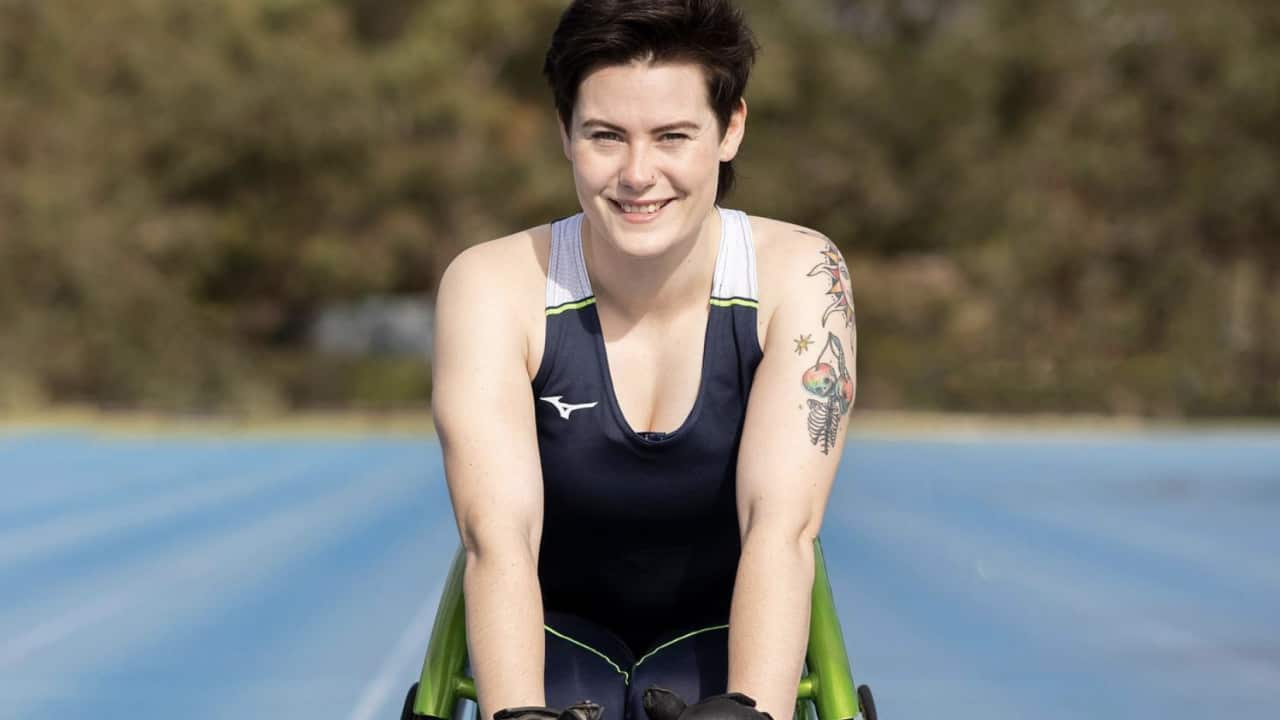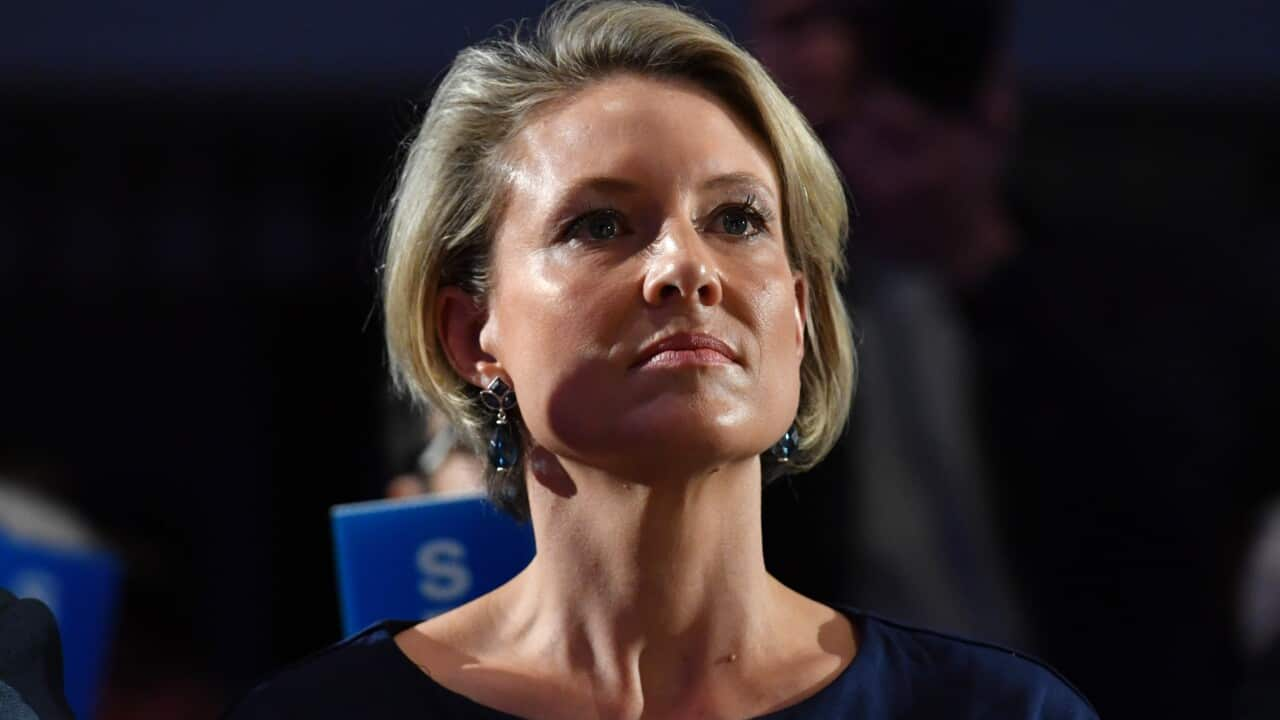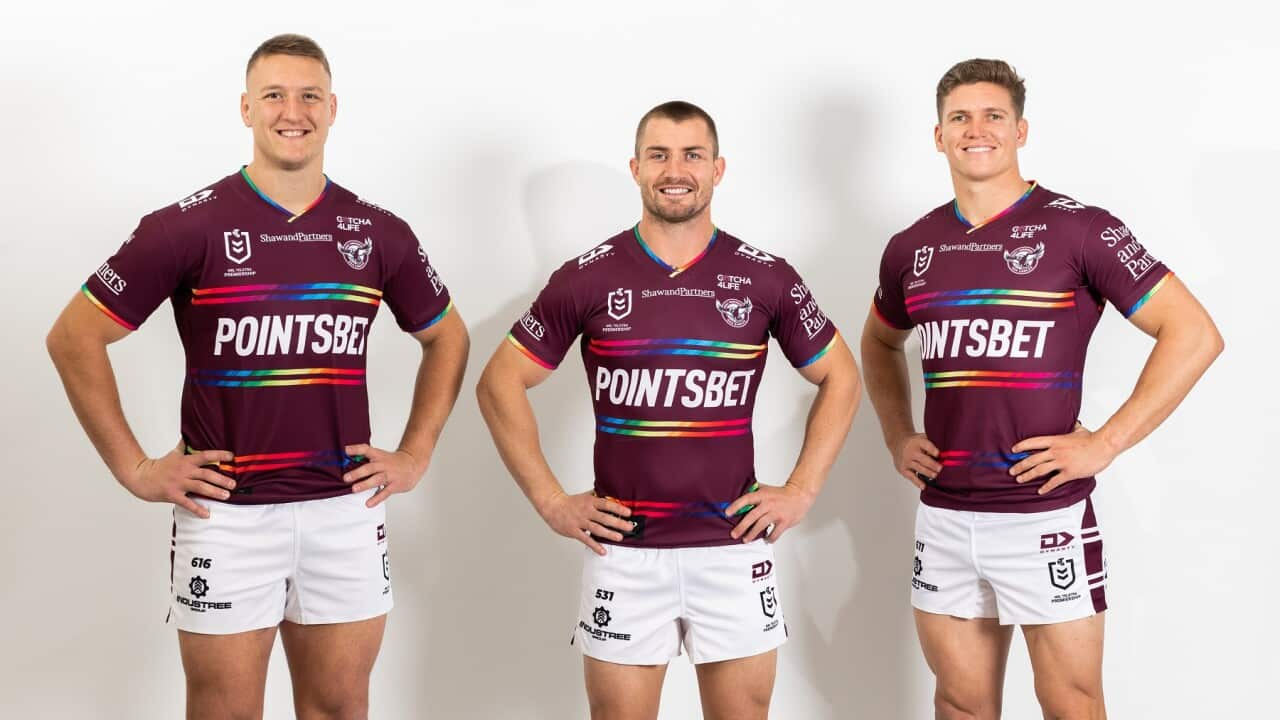Robyn Lambird is gearing up for the race of their life.
The 25-year-old made history at the Tokyo Paralympic Games last year, not only for winning a medal but becoming the first out non-binary person to win a medal.
“Winning a medal and ending up on the podium at my Paralympic debut — you can’t really ask for much more than that … It was an incredible feeling,” they said.
Lambird, who has cerebral palsy and uses a wheelchair, won the bronze medal in the Women’s 100m T34 sprint.
They are about to compete in the same event on Thursday 4 August between 3.30-7am (AEST) at the Commonwealth Games, which kicked off this week in Birmingham, UK.
The race is a "wheelchair sprint for people with cerebral palsy or similar conditions," Lambird said.
Lambird was born in the UK (they moved to Perth with her family aged nine), so competing there makes the event even more special.
“I’m a little nervous and a little excited … but this race feels a little more special because I am from England originally and the majority of my family still lives in England.
“So it’s sort of the first time that they get to see me race internationally.”
A total of 435 athletes, including 231 female athletes and 203 male athletes, are part of Australia's Commonwealth Games team.
Lambird, the only out non-binary athlete in the team, said they are blessed with an extremely supportive family and network of friends, but acknowledged not everyone’s circumstances are the same.
“[For some people] it's extremely difficult to live authentically and to be true to themselves,” Lambird said, adding that there could be other non-binary people in Australia’s Commonwealth Games team who may not have “the privilege to be out and be themselves”.
It is for those people and for thousands of others like them that Lambird feels it’s important to share their story.
“You can’t be what you can’t see," they said.
You can’t be what you can’t see.Robyn Lambird
“Young people need to know that – whether they’ve got a disability or whether they belong to the LGBT community – they’re welcome in sport and they can take up space in that community.
“I certainly feel it’s a responsibility of mine to let young people know that they deserve to be wherever they want to be.”
Difficult conversations
Lambird said even though they have supportive family and friends, conversations in the political realm about LGBTIQ+ people in sport can still have an adverse impact on them.
“I feel extremely privileged that I’ve always had the space to be who I am within my immediate circle.
“But you’re still very aware of some of the conversations and some of the rhetoric around the community in general. It’s hard not to take all that on board sometimes.”
Lambird referred to discussions including the participation of transgender women in women's sport, which became a point of debate among Australia’s major political parties in the lead-up to the federal election earlier this year.
“In some of the conversations, there hasn’t been care for other people,” they said.
“Hopefully, we can get to a point where we can sit down and take politics out of it and try and talk about how we can celebrate this awesome thing that is sport with as many people as possible.”
This week, NRL club Manly Sea Eagles was embroiled in controversy after seven players pulled out of a match that would require them to wear a special jersey in solidarity with the LGBTIQ+ community.
According to the Australian Institute of Health and welfare, “in general, people with disability report poorer general health and higher levels of psychological distress than people without disability”.
Research also shows, that while many LGBTIQ+ Australians live healthy and happy lives, a disproportionate number experience poorer mental health outcomes.
According to a survey published by LGBTIQ+ Health Australia in April 2021, 25.6 per cent of LGBTIQ+ people aged 16 to 17 had attempted suicide in their lifetime, almost five times the rate of the general population (5.3 per cent).

Robyn Lambird won bronze in the Women's 100m T34 at the Tokyo Paralympic Games in August 2021. Credit: Drew Chislett / PR IMAGE
“I think everyone should have access to sport because there are so many physical and mental benefits and I couldn’t imagine what my life would be like now if I hadn’t had the journey that I’ve had in sport.”
Lambird has a clear message for anyone out there like them.
“You deserve to take up the space that you have in sport and you deserve to be true to yourself. And there will be people that will support you for all of the people that don’t.”
Sporting success
Lambird has been preparing for the Commonwealth Games ever since Tokyo, training five to six times a week. It’s not always easy to stay motivated, though.
“I have good days and bad days … you definitely don’t feel like training every day – the weather’s bad or you’re sore. It can be a challenge just to get to the track.”
Two things keep them going.
Firstly, “knowing that my competitors are probably training and I want to be doing everything in my power to beat them hopefully”.
“And then secondly, just trying to remember that feeling of winning a medal in Tokyo and how awesome that felt and wanting to get to that point again.”
The Commonwealth Games runs until 8 August.
LGBTIQ+ Australians seeking support with mental health can contact QLife on 1800 184 527 or visit . also has a list of support services.
Would you like to share your story with SBS News? Email












